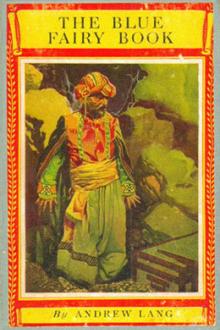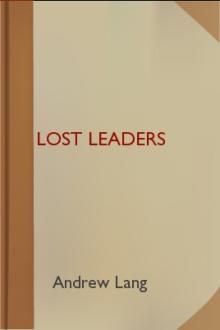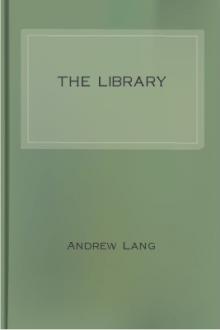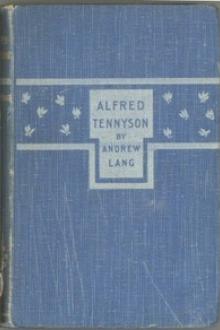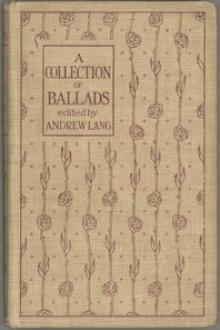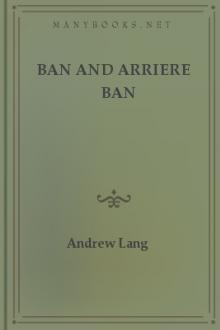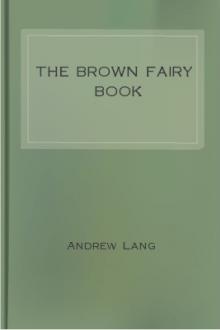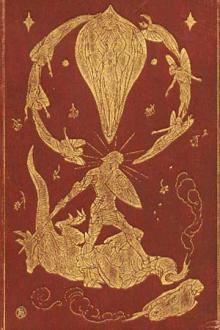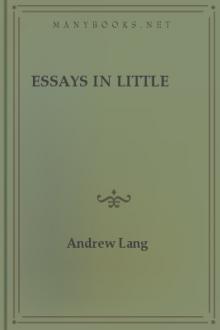The Homeric Hymns
The Homeric Hymns
A New Prose Translation; and Essays, Literary and Mythological
Book Excerpt
ies of similar plausibility and value.
Meanwhile Baumeister argues that the Pythian Hymn (our second part) is an
imitation of the Delian; by a follower, not of Homer, but of Hesiod.
Thus, the Hesiodic school was closely connected with Delphi; the Homeric
with Ionia, so that Delphi rarely occurs in the Epics; in fact only
thrice (I. 405, [Greek text]. 80, [Greek text]. 581). The local
knowledge is accurate (Pythian Hymn, 103 sqq.). These are local
legends, and knowledge of the curious chariot ritual of Onchestus. The
Muses are united with the Graces as in a work of art in the Delphian
temple. The poet chooses the Hesiodic and un-Homeric myth of Heaven and
Earth, and their progeny: a myth current also in Polynesia, Australia,
and New Zealand. The poet is full of inquiry as to origins, even
etymological, as is Hesiod. Like Hesiod (and Mr. Max Muller), origines
rerum ex nominibus explicat. Finally, the second poet (and here every
one must agree) is a much worse poet than the first. As fo
Editor's choice
(view all)Popular books in Classic, Myth, Essays, Poetry, Fiction and Literature
Readers reviews
0.0
LoginSign up
Be the first to review this book
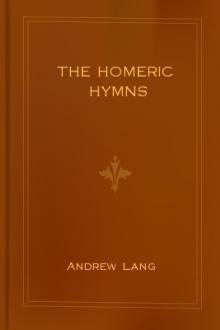
 Free Download
Free Download






















